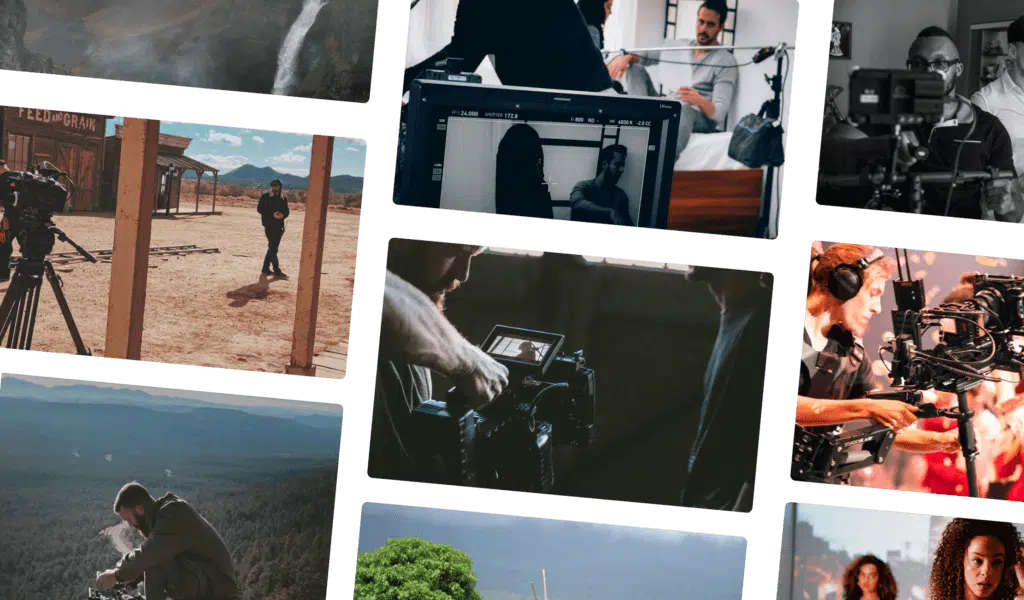With artificial intelligence, scepticism is mounting. Prominent voices like Gary Marcus argue that we’re approaching the limits of large language model (LLM) capabilities. Yet, the evidence tells a dramatically different story. Far from hitting a plateau, AI is transforming industries, creating unprecedented opportunities for innovation, and reshaping how we approach complex challenges.
The State of AI Innovation: Beyond the Skepticism
The narrative of AI’s impending stagnation is compelling but fundamentally misguided. While critics point to incremental improvements and potential limitations, breakthrough applications across multiple sectors demonstrate that AI capabilities’re accelerating, not slowing,.
Consider the recent developments in healthcare, climate technology, and manufacturing. These aren’t marginal improvements—they represent fundamental reimaginings of how we solve complex problems. The sceptics’ perspective fails to capture the exponential nature of technological progression.
Real-World Evidence: AI’s Expanding Impact
Healthcare Transformation
In the healthcare sector, AI is revolutionizing clinical research and drug discovery. The National Research Council (NRC) has pioneered advanced clinical trial optimization techniques that leverage machine learning to:
- Accelerate patient recruitment processes
- Identify optimal treatment protocols
- Predict potential adverse drug interactions
These aren’t theoretical possibilities—they’re happening now. Machine learning models can now analyze complex medical datasets with a speed and precision that was unimaginable just a few years ago. For marketers in healthcare, this represents an unprecedented opportunity to communicate more nuanced, data-driven narratives about medical innovation.
Climate Tech & Sustainability
AI’s role in decarbonization efforts is equally transformative. The NRC’s clean hydrogen initiatives demonstrate how advanced machine learning can optimize complex engineering challenges. Researchers are developing more efficient clean energy solutions by using AI to model molecular interactions and energy transfer mechanisms.
This presents a compelling narrative about technological solutions to global challenges for marketing professionals. Sustainability isn’t just about reducing carbon footprints—it’s about intelligent, data-driven innovation.
Manufacturing & Supply Chain
Biomanufacturing represents another frontier of AI application. Machine learning models are now capable of:
- Predicting protein folding patterns
- Optimizing manufacturing processes
- Reducing waste in complex production systems
These capabilities go far beyond traditional automation, representing a fundamental shift in how we understand manufacturing precision.
The Evolution of LLM Architecture
Technical innovations are driving this expansion. Hybrid models combining traditional neural networks with symbolic reasoning—exemplified by breakthroughs like AlphaGeometry—are pushing the boundaries of what AI can accomplish.
These aren’t incremental improvements but fundamental architectural shifts. Neuro-symbolic approaches allow AI to combine pattern recognition with logical reasoning, bridging gaps that previous models couldn’t traverse.
Practical Applications for Marketers
Enhanced Customer Intelligence
Hybrid AI models are transforming customer understanding. By integrating diverse data sources and applying advanced predictive analytics, marketers can now develop more nuanced, personalized communication strategies.
In healthcare, for instance, AI-driven communication optimization allows for more empathetic, targeted patient engagement—moving beyond generic messaging to truly personalized interactions.
Content Creation & Optimization
Advanced language models are no longer just writing assistants—they’re becoming sophisticated creative partners. By understanding contextual nuances and generating contextually appropriate content, these tools are redefining content strategy.
Preparing for the Next Wave
For marketing leaders, the message is clear: AI innovation isn’t slowing down. It’s accelerating. To stay competitive, organizations must:
- Invest in continuous AI skill development
- Foster a culture of technological curiosity
- Build flexible, adaptable technological infrastructures

The AI revolution isn’t a destination—it’s an ongoing journey. Marketers can transform challenges into unprecedented opportunities by embracing uncertainty and viewing AI as a dynamic, evolving toolkit.
The skeptics will continue to doubt. The innovators will continue to push boundaries. Which side will your organization choose?






